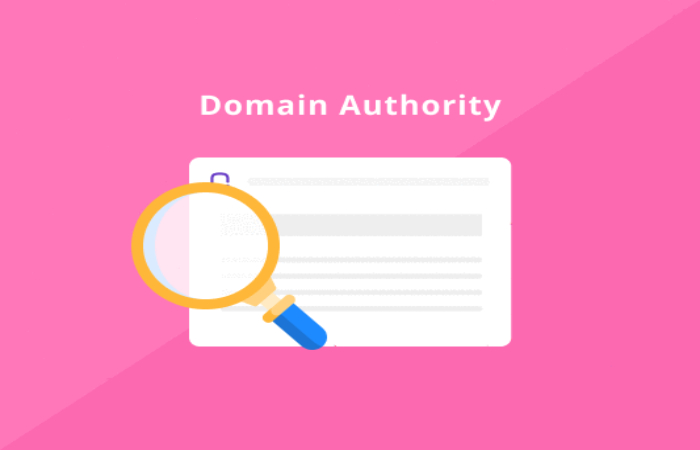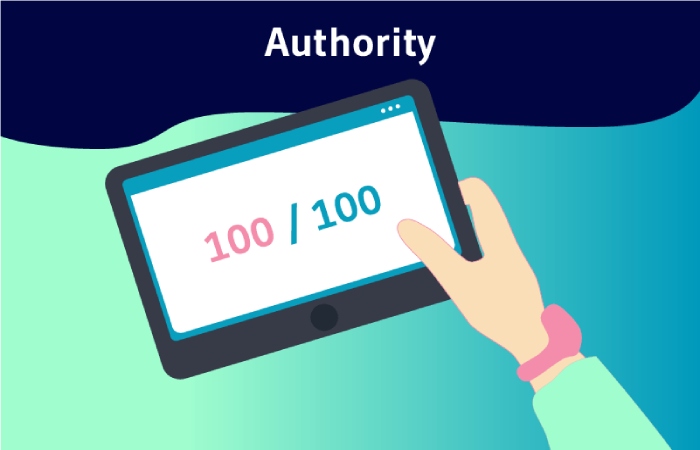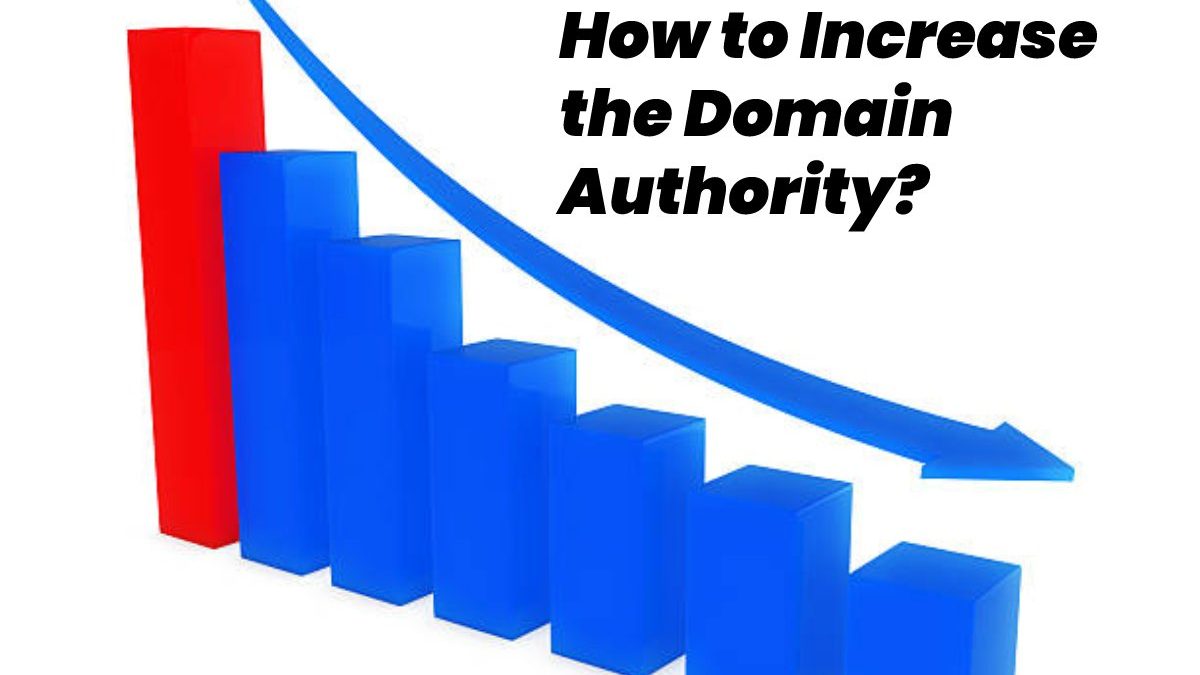Table of Contents
ToggleWhat is Domain Authority?
Domain Authority is the significance of that domain or web page to the rest of the web pages in the world. In other words, it is the admiration of this web page on the Internet. Generally, this SEO factor is determined by the number of links or external referring domains that point to the web page.
In other words, the more links you get for your web project, the more domain authority you will accumulate and the better your positioning will be. It’s so easy.
How to increase the Domain Authority?

1. Get more Links (Backlinks)
You have to work on the Linkbuilding of your website and try to get links from different domains, especially those with greater authority than ours. Remember that quality is more important than quantity.
Post content or valuable resources to your audience and increase the chances that content can be linked from other domains.
2. Work on your Content Marketing Strategy
It is not only about publishing quality and helpful content, but you must know how to promote it and spread it correctly.
You must ensure that your content reaches the most significant number of potentially interested people.
3. Check and “Sanitize” your Incoming Links from Time to Time
Before we said how important it was to receive links from other domains, mainly from authority domains, you have to be careful not to receive links from low-quality sites, link directories (low-quality or doubtful) or sites that may have been punished…
It prevents and does not accept links from this type of site, but you also have to periodically check the Google Search Console tool to find out if some of these pages are linking to you and “deindex” those links if there are suspicions that they may harm you.
4. Build a Good Interior Link Structure on your Website

Internal links from an article or page lead to another article on the same website. Every time you create new content, try to link other related content you have previously made naturally.
This technique is not only beneficial for a user who is reading your article and can extend that reading through other related articles within the same website, but for SEO and positioning purposes, it is a good and recommended practice and will help you increase your Domain Authority.
To create a good internal link structure on your website, follow these recommendations:
- Use different anchor text, do not abuse the same one repeatedly.
- Try to maintain a balance between internal links and external links in each post.
5. Write Exceptionally Good Content

Excellent content is content that provides value to your readers. If similar content already exists, you need to write new content or improve it by expanding its information; be careful with posting duplicate content as it is cause for penalty. Use Google Trends and buzz sumo to find relevant and topical content.
Analyze your competitors’ articles and try to improve them in some way: through infographics, with more current or more complete content, structured data and microformats, or even better On-Page SEO optimization in general.
6. Off-Page SEO – Domain Authority
In a good SEO Off-Page strategy, you should work on the following points:
Guest posting: Forget guest posting to get a link. Guest post to reach a large audience interested in the type of content you share and who will eventually become followers and regular visitors to your blog. If your website still doesn’t get much traffic, guest posting should be one of your priorities.
Social bookmarking sites: Like Meneame or Delicious. Zones can help you boost your articles and get them to thousands of users.
Comment on other blogs: By commenting on other blogs, you can demonstrate your authority and knowledge on a particular topic and get many followers interested in your website and content. To achieve this, it is not enough to write a comment congratulating the article’s author and adding a couple of irrelevant lines. You have to write a comment that stands out from the rest of the comments on that article, something so elaborate and relevant that when another person reads your word, they think, «Who is this? I have to read a piece of yours.
7. Social Media
In terms of positioning, it is never a good idea to stick to a single strategy. Parallel to content marketing and SEO, Off-page and On-page, use social networks to reach thousands of users who will help you spread the content of your articles, increase your visits, your weekly followers, and your Domain Authority.
Before launching, plan how you are going to use social networks. Make your content easy to share. Add social buttons at the beginning or the end of your articles.
Being active on social networks will help you spread your brand or that of your company, which will indirectly cause your followers to increase, the number of people who share and access your content and, with it, your Domain Authority.
8. Improve the Navigability and Usability of your Website – Domain Authority

The above techniques are all critical. But in the end, all of them aim to get other people to visit your website, “consume” the content you offer and be so satisfied that they come back for more after a while.
For users to feel comfortable on your website and return, you have to take care of your site’s usability. Specifically, these are the most critical factors for improving the usability of a website.
Speed: Your website has to be fast, period. Use a CDN, make use of Google Hosted Libraries, hire good hosting, and practice different techniques that help reduce the weight of your site and improve its speed. Check the speed of your website and how to improve it through the PageSpeed Insights tool. If necessary, outsource web design services so you can focus on generating content.
Usability: Take care of the design of your site. Try different plugins until you find the right ones. Make your website responsive. Check that all pages are displayed correctly from any device with tools like ScreenFly.
Navigability: Review the navigation menu of your website from time to time. Analyze the menus and submenus and think about how you can improve them. Use analytics tools like HeatMaps to detect the most critical parts of your website and the less relevant ones. Optimize the forms on your website and then the contact section, and don’t forget the Legal Notice page
Conclusion
As you have seen throughout the article, domain authority is a fundamental factor in an SEO strategy. There is a higher level of authority, greater significance on the internet, and better web positioning. Therefore, it will be essential that you improve this SEO metric with links.
In any case, and despite the importance of this factor, we must not forget that improving said authority will only enhance 50% of the referencing of your website. As you already know, SEO is the result of a global strategy, and not all is as simple as receiving links and increasing your authority on the Internet. You have to work on many more aspects.

